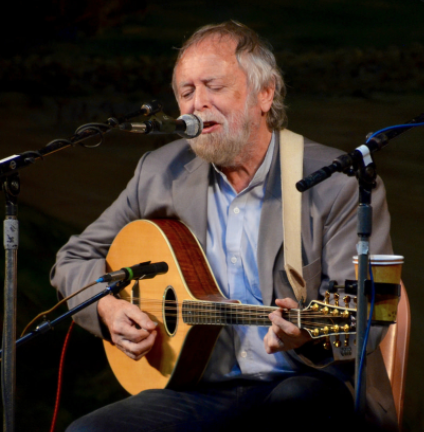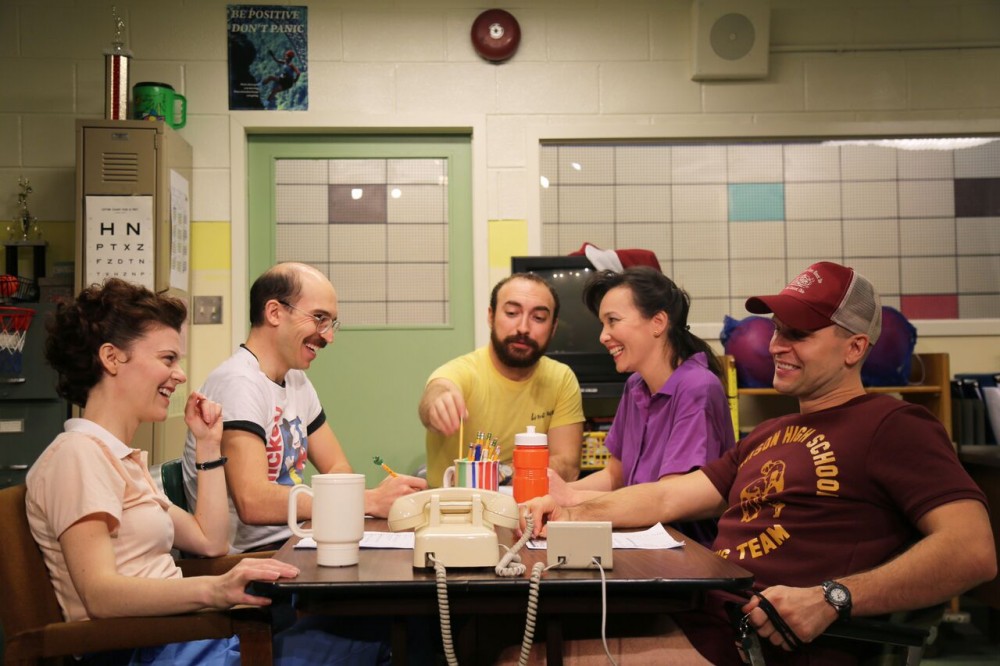By Marilyn Lester

The Irish Arts Center continues its series of 15 episodes of Mick Moloney’s Songbook, curated by Irish musician, musicologist and teacher Moloney, comprised of stories, songs and tunes from Ireland and Irish America. Moloney, who has a doctorate in Folklore and Folklife from the University of Pennsylvania, explores Irish history and culture through traditional music, thematically contextualizing the meaning of each.
Irish traditional music includes many kinds of songs: ballads, laments, drinking songs, political songs and more, mostly dating from the 18th century to modern times. Their purpose is narrative, with lyric having as much, if not more, weight as the melody. Singers of Irish folk tunes will often use a certain amount of melodic freedom and vocal embellishments to tell each musical story.
Episode 7: “Sean McGlynn’s Mazurka”
The tune “Sean McGlynn’s Mazurka” springs from an entirely Irish-American base. Although the mazurka (written in triple meter with accents on the second or third beat) is a lively musical form most associated with Poland, it’s also found in County Donegal, in the northwest region of Ireland. In 1983, prominent accordionist Sean McGlynn was murdered, for no apparent reason, in Queens, New York (the murder is still unsolved). McGlynn had emigrated from County Galway to the US and in the 1970s became mentor to and close friend of Billy McComiskey. Two days after news of the murder broke, the Irish fiddler and songwriter Eugene O’Donnell woke up with the tune fully formed in his mind. O’Donnell, also part of the Irish-American music community, had emigrated to Philadelphia from Derry in Northern Ireland (returning there many years later, where he died in 2019). It’s only fitting that Moloney, a good friend and colleague of O’Donnell, on mandolin; Billy McComiskey on button accordion; and Athena Tergis, on the violin, honor these fallen luminaries of Irish music with a tune that’s very far from a dirge.
Episode 8: “Get Up Jack, John Sit Down” and “The Jolly Roving Tar”
The tunes “Get Up Jack, John Sit Down” and “The Jolly Roving Tar” are essentially the same, the former written by its composer, Ned Harrigan and the latter taking an odd journey down a different road. Harrigan was born in New York into a maritime family. He found his apprenticeship as a ship’s caulker less than fulfilling, and so left it to pursue his true vocation––the stage. He became an actor, singer, dancer, playwright, lyricist and theater producer who, together with Tony Hart, became one of the great entertainment success stories of the 1800s. Meanwhile, “Get Up Jack, John Sit Down” ironically went to sea, where it became “The Jolly Roving Tar,” entering the annals of the folk tradition and falling into relative obscurity. It was discovered by special guest on this episode, John Roberts, who heard a recording of the tune by folklorists Anne and Frank Warner. The Warners heard the song in 1940 from a woman in New Hampshire who’d learned it from a man who sailed on a whaling ship. Both tunes were sung by Moloney and Roberts, the former on mandolin and the latter playing the concertina.
Episode 9: “The Life of the Rover (The Thirty Foot Trailer)”
In Ireland and the UK, those we commonly refer to as gypsies in the US, are called Travellers. Their traditional way of life has much eroded over the last decades, and when. this tune was written in the early 1960s it was at a time when those traditions of freedom and travel were beginning to break down. Irish Travellers were also a part of the exodus to the United States during the Great Famine of the 1840s. Most remained in and around Northeastern cities, but groups broke off and moved to South Carolina, Georgia, Alabama, Tennessee and Mississippi. The Augusta, GA suburb Murphy Village is one such Traveller colony, where Mick Moloney has conducted oral histories.
Ewan MacColl and Peggy Seeger (wife of MacColl and sister of Pete Seeger), writers of “The Life of the Rover (The Thirty Foot Trailer)” had spent time in the 1950s with these historically marginalized folk. The song, part of a series of radio ballads, romanticizes the lives and culture of the Travellers, who were often prejudicially referred to as Tinkers. The tune is not so much Irish in structure as it is a pure folk song with Celtic overtones. Moloney plays one of his mandolins, as usual, and is joined in vocals by special guest Lucy Johnston. Brenda Castles also sings and plays concertina, while Haley Richardson accompanies on violin.





















